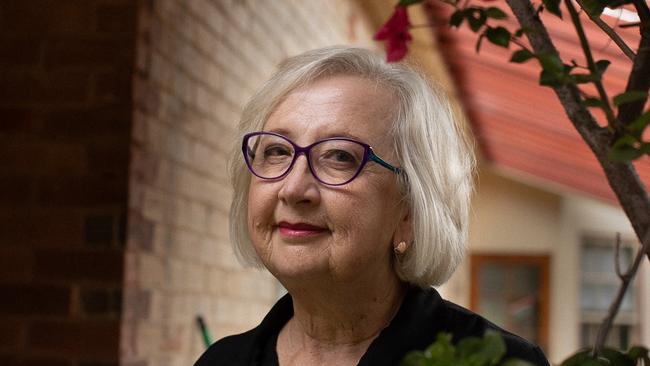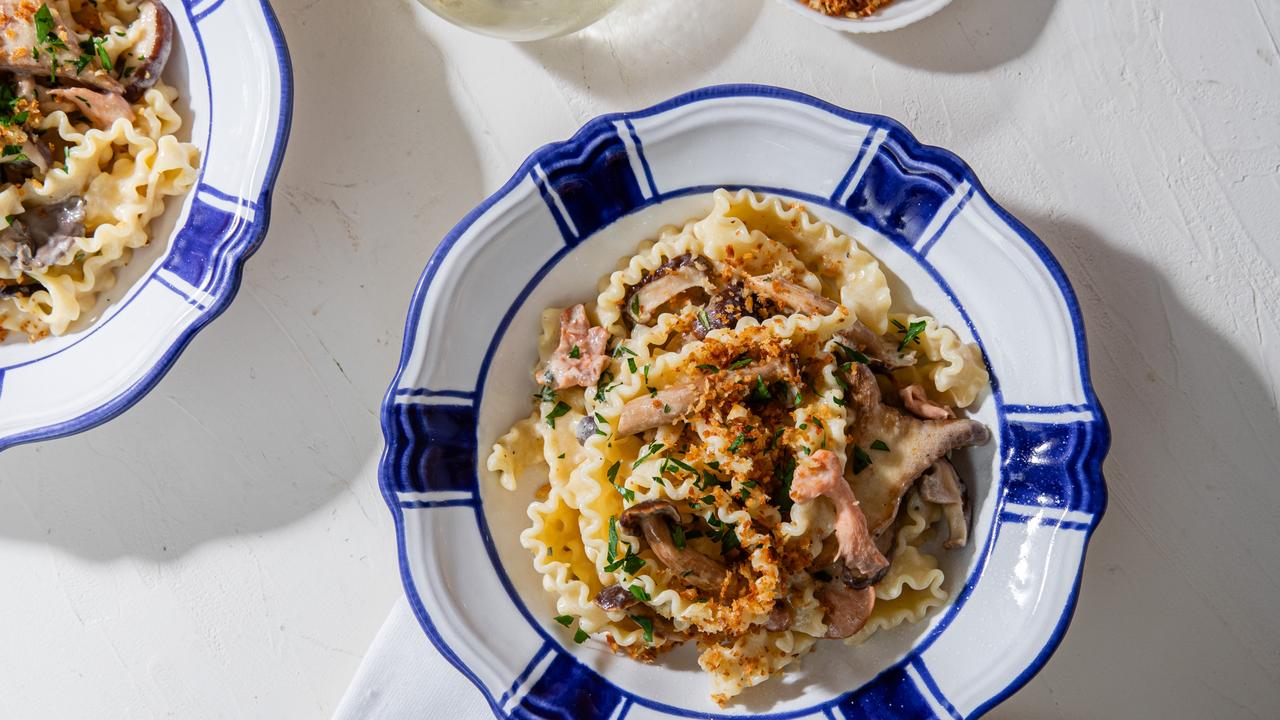Anne Hollonds, 63, National Children’s Commissioner: Q&A
Children’s Commissioner Anne Hollonds on human nature, doubting herself as a parent - and dealing with oversharers.

We like to think of childhood as carefree. Was yours? It was fairly carefree relative to these days. But it was a time when people from other countries were not very welcome; my mother spoke no English when we arrived from Finland. We lived in inner-city Sydney and didn’t have a backyard – we rented an apartment – so all the playing happened on the street or in the park down the road with other kids.
How did you start in child protection straight out of uni? Back then the career options for women were teaching or nursing, and I didn’t want to do nursing so I took the teaching path. While I was at uni I started doing volunteer work at a children’s home; I took kids to Luna Park and helped them with their homework. Having done that, standing in front of a class of 30 was just not going to be for me – I wanted something more one-on-one, more intense.
You ran Relationships Australia in NSW for many years. What did that job teach you about us? People come to counselling from all sorts of different circumstances. And to see them work through that and come out the other end, often stronger, I never fail to feel inspired. I learnt to really value the positive in human nature; that desire to connect. People actually want to get on; they want to have very good relationships. And in my work as a frontline child protection officer, I never met a parent who didn’t want to be the best mum or dad they could be.
Have you ever doubted yourself as a parent? Of course. Young mums are judged these days, and it was difficult back then as well. Because I grew up with no extended family, I missed out on grandparents; my mother did it very tough, too. Without knowing, I always placed a lot of value on the importance of family. So if my two daughters needed me they could always contact me; I would drop everything.
Knowing your expertise, do people meet you and tend to over-share? Definitely [laughs]. Some people just run away; they think, “Oh scary, not talking to her”. And some people don’t pick up the cues that you don’t want to hear their life story at a party and they later regret sharing so much. I became skilled in managing those sorts of situations... When I had to, I learnt how to make myself almost look bored. It’s not a problem anymore, because I don’t go to as many parties.
How has the pandemic affected Australian children? The variations are huge, but it has really amplified disadvantage and inequality. Some have had more time at home and there are real benefits from that: a slower pace of life, more time to hang out and to play. And lots of kids have seen their parents adjust to new circumstances. That’s not necessarily bad –those sorts of things can become quite memorable learning experiences. But many have developed a lot of anxiety about their families and their own futures. Some won’t ever go back to school because they’ve been so disconnected or their families will need them to work. We’re yet to see that play out.
As children’s commissioner, will you tap into your inner child? Absolutely. I’ve got two little grandchildren, two and four. I spend every spare moment just hanging out with them. It’s a fabulous way to be in the present, to see the world through their eyes. Part of the job is to [advocate for] issues that really matter most to kids. As an adult you do some interpretation of that but there’s a need to stand in their shoes a little bit too.




To join the conversation, please log in. Don't have an account? Register
Join the conversation, you are commenting as Logout